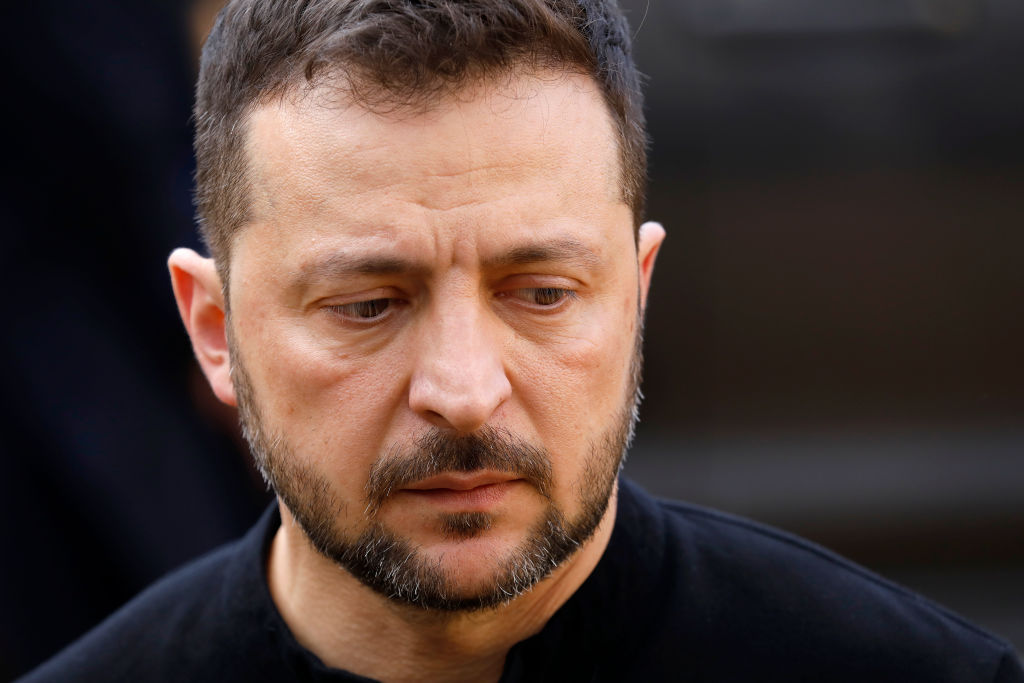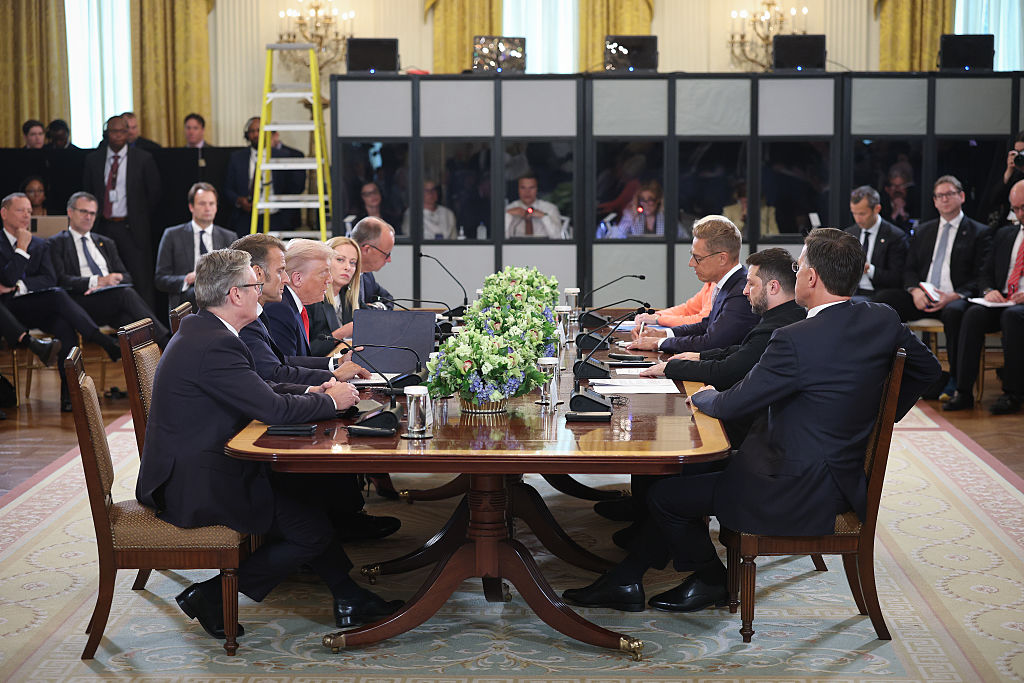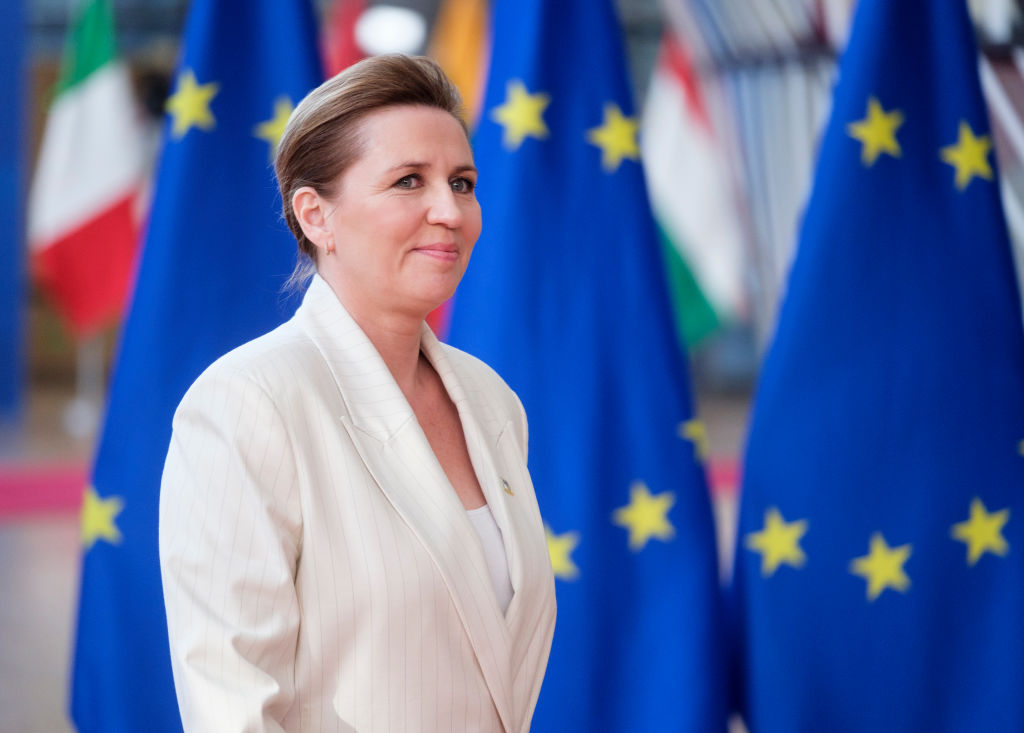As US President Donald J. Trump’s courageous and much-needed efforts to put an end to the Ukrainian war gain momentum, with the American leader having now met with Russian President Vladimir V. Putin in Anchorage, Alaska, and then with Ukrainian leader Volodymyr Zelensky in Washington, there are rumours that the EU’s leadership has not given up on its dreams of having Ukraine join the bloc. Brussels, Paris, Berlin, and London have apparently all asked Trump to pressure Hungarian Prime Minister Viktor Orbán into abandoning his long-lasting reservations to the Ukrainians beginning accession talks. If true, this would signal yet another grave misjudgment on the part of the Europeans. In fact, however, Budapest’s position is not obstinacy—it is foresight. And foresight is precisely what the rest of Europe now lacks.
It is often said that politics is the art of the possible. When it comes to Ukraine’s EU ambitions, the numbers speak for themselves—and with brutal candour. Three and a half years after the beginning of full-scale hostilities, Ukraine is a wrecked nation. To “rebuild” it would require a sum scarcely imaginable—€2.5 trillion, according to the calculations of the Hungarian Institute of International Affairs. This is twelve times the entire budget of the Union. Europe cannot afford such a fantasy: Germany, once the continent’s economic and industrial motor, is crippled by deindustrialisation and stagnation; France is being suffocated by unsustainable deficits; Italy is barely growing, and, with a government debt of almost 140 per cent of GDP, hardly has the fiscal flexibility to fund geopolitical adventurism. How can these nations, themselves overwhelmed by debt and poor growth, be expected to bankroll the recovery of a country shattered by war?
It only gets worse from here. Should Kiev join the EU, cheap Ukrainian grain will drown the livelihoods of Europe’s farmers at a time they are already trembling at the prospect of massive, unfair competition once the EU-Mercosur trade agreement comes into effect. A post-war Ukraine in the EU would, of course, produce a mass outflow of labour away from Ukraine itself and into the nations of Europe. Its low-cost labour would drag down the wages of workers throughout the continent, further adding to the very social tensions that have been producing a cascade of democratic, populist revolutions from Lisbon to Warsaw. Clueless bureaucrats in Brussels speak of “solidarity,” but what they are actually demanding from the peoples of Europe is self-immolation.
And the danger is not economic alone. Ukraine has openly declared that it will accept no lasting territorial settlement with Russia, no matter how necessary that may be to put an end to the largest, bloodiest conflict to plague the continent since 1945. To admit it into the Union would be to import that delusional intransigence whole and fuse the fate of the whole of Europe with the quarrels of Kiev. Should it be admitted into the Union, Ukraine will become a party to the Lisbon Treaty and a potential beneficiary of that convention’s Article 42 (7), which stipulates that if a member of the Union is militarily attacked all others will “aid and assist it with all means in their power”.
In truth, integrating Ukraine would risk integrating the war itself—granting the Ukrainians a guarantee of protection that a disarmed Europe could not honour and that would bind the EU (but not the Americans) to Ukraine’s security. Crucially, such a foolish policy would have the natural result of emboldening post-war Ukrainian revanchism, giving Kiev cause to act recklessly in the hope that it would always be bailed out by its new European allies. This could easily escalate to conventional—and, potentially, nuclear—war with Russia. Indeed, considering the immense irresponsibility of Europe’s current leadership, one is tempted to recall the old warnings of French President Clemenceau: War is too serious a matter to be left to generals. Today, it is too serious a matter to be left to hapless Brussels politicos.
Of course, even if there could be a bullet-proof, stable peace deal tomorrow, the country would still be unfit for membership. Corruption is not incidental to Kiev; it was and remains structural. Ukraine is a regime of oligarchs and clientelism scarcely disguised by Western slogans. Transparency International places it alongside the most notoriously corrupt states of Africa and Latin America; indeed, in the same league as Mauritania, Colombia, or Papua New Guinea. What, then, would happen if torrents of “reconstruction funds” paid by already exhausted European taxpayers began to flow eastward? That shouldn’t be hard to guess.
There is also the question—one too often ignored—of Ukraine’s treatment of minorities. Of course, political expediency—and the fact that the main target of Kiev’s policies are Russian-speaking Ukrainians—has long made the theme inconvenient. That is so despite the fact that the other national groups whose rights are infringed by the Ukrainian government are all related to EU member states. The Hungarians of Transcarpathia, the Poles of Galicia, and the Romanians of Bukovina all suffer from the suppression of language and culture under the aggressive Jacobinism of the Kiev authorities. Brussels, usually so pious about “diversity,” averts its eyes, even though before the war Budapest was hardly the only capital to voice its concerns: European rights watchdogs used to say the same, and Romania’s then president Klaus Iohannis even cancelled a state visit to Kiev in 2017 in protest to Ukraine’s prohibition of minority languages in schools. The matter has only become more pertinent since.
And yet the deepest issue is geopolitical. Integrating Ukraine would freeze Europe into an eternal hostility with Moscow. The war has already shown that, contrary to the desires of Europe’s endlessly inept establishment, Russia cannot be erased from the map—by sanctions, by arms, or by incantations about liberal democracy. It remains a nuclear great power. It remains one of the world’s largest economies. It is an irreplaceable energy and commodities juggernaut. It is not going anywhere.
Europe’s true and urgent interest lies not in conflict, but in detente and rapprochement: In building a common economic and security architecture that, whatever its imperfections, works for all. As President Trump has said in a recent interview, Europe’s policy should be focused on reducing Russian reliance on China and bringing it closer to Europe—not in pushing it deeper into Beijing’s arms and even more against us. But Ukraine’s entry into the bloc would make all that impossible. It would turn division into dogma, enmity into law. It would permanently burden Europe with the costs of conflict while denying it the urgent advantages of reduced tensions, trade, and cheap energy. In the long term, this would be a death knell for the nations of Europe.
When Orbán resists this lunacy, therefore, he is not playing at contrarianism. He isn’t doing it to upset Mrs. von der Leyen. He certainly isn’t currying favour with Moscow, as shamefully suggested by the Ukrainians. He is siding with Europe, for Europe’s sake. Ninety-five per cent of Hungarians have already endorsed this opposition to Ukrainian membership of the EU in a recent referendum. That is what genuine democracy looks and sounds like.
The lesson is old, but bears repeating: History punishes illusions harshly. Either Europe embraces reality and geopolitical prudence, or it will continue to plunge into the pit of impoverishment, war, and decline. Orbán, almost alone, has chosen the former. He can’t be blamed for it.





Ukraine in the EU would mean ‘€2.5 trillion’ costs forced on EU taxpayers